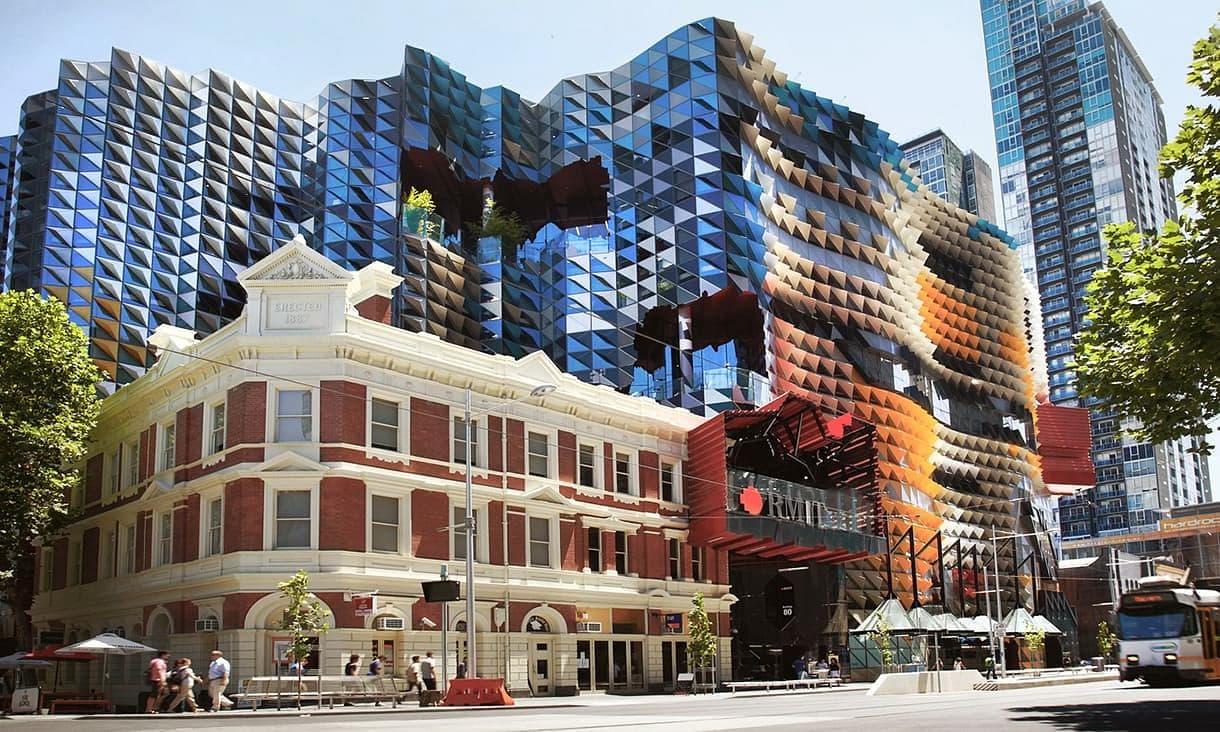Bachelor of Arts (Music Industry) at RMIT University
Melbourne, Australia
- Tuition Fee AU$ 33,600
- Country Rank-
- Duration36 Months
- Score IELTS: 6.5 TOEFL: 79
Program Overview
Take your love of the music industry to a new level!Study in the heart of Melbourne, the exciting music capital of Australia and home to thriving local scenes, buskers, bars, clubs, theatres and festivals. You will learn about key music technologies, global music cultures, popular music scenes, music business practice and live music performance.The Bachelor of Arts (Music Industry) is a one-of-a-kind degree that is renowned for its blend of project-based work and academic study. You’ll have opportunities to pursue your own interests, such as creative music-making with Ableton Live, in addition to developing your critical thinking and problem solving skills. In your final year of study, you’ll undertake an internship at a music industry organisation that suits your career aspirations, giving you work experience before you graduate.
Cost Of Studying At RMIT University
Interest rates as low as 8.9% *
250K+
Students Assisted
800Cr+
Loan Amount Disbursed
5000+
Loans Sanctioned
